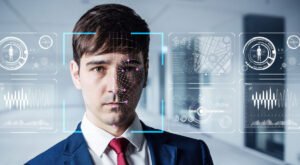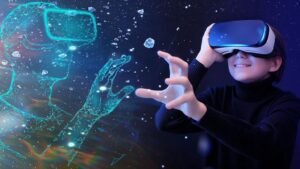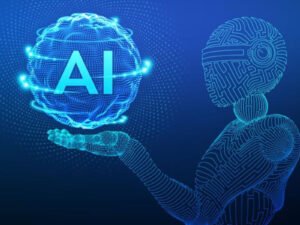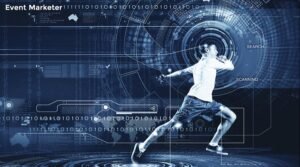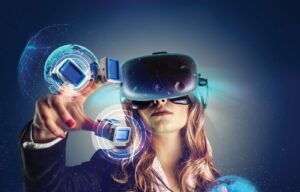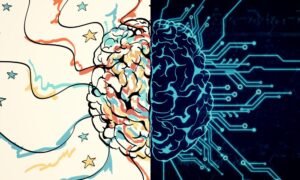Posts
IGN, the popular gaming website, is introducing an AI tool aimed at simplifying troubleshooting and enhancing gameplay experiences. This innovation has the potential to alleviate the need for specific Google searches and extensive searches through online communities like Reddit. Currently available for IGN’s The Legend of Zelda: Tears of the Kingdom guide, the chatbot offers…
Read MoreIn a concerning turn of events, cybercriminals have reportedly developed their own versions of large language models (LLMs), similar to OpenAI’s ChatGPT, to potentially amplify their criminal activities, such as crafting phishing emails or malware. These illicit chatbots have surfaced on dark-web forums and marketplaces since early July, raising questions about their authenticity and purpose.…
Read MoreAmid growing concerns and increased scrutiny, the Detroit Police Department (DPD) faces yet another lawsuit, shedding light on yet another wrongful arrest resulting from a flawed facial recognition match. The latest victim, Porcha Woodruff, an African American woman who was eight months pregnant at the time, has become the sixth individual to step forward and…
Read MoreA team of researchers from The University of Texas at Austin has enhanced a commercial virtual reality headset to incorporate brain activity measurement capabilities, enabling the study of human reactions to stimuli like hints and stressors. By integrating a noninvasive electroencephalogram (EEG) sensor into a Meta VR headset, the research team has developed a comfortable…
Read MoreThe intensifying AI rivalry between the United States and China has reached a new level as Alibaba, the Chinese tech giant, releases two open-source AI models in response to Meta’s Llama 2. Alibaba’s cloud computing division has unveiled Qwen-7B and Qwen-7B-Chat, both categorized as Large Language Models (LLM), engineered to comprehend and engage in natural…
Read MoreSpace exploration has always been at the forefront of human curiosity and ambition. As we venture further into the cosmos, the challenges become increasingly complex, requiring innovative solutions. Enter Artificial Intelligence (AI) and robotics, two cutting-edge technologies that are revolutionizing space research. The integration of AI in space exploration has enabled more efficient data analysis,…
Read MoreIn the world of sports, success often hinges on the smallest of margins. Athletes and teams continuously strive to gain a competitive edge by optimizing their performance and understanding their opponents better. This is where Artificial Intelligence (AI) and sports analytics have emerged as game-changers. By harnessing the power of AI, sports organizations can unlock…
Read MoreArtificial Intelligence (AI) and Virtual Reality (VR) are two groundbreaking technologies that have reshaped various industries independently. However, when combined, they create a powerful synergy that amplifies the potential for immersive experiences and transformative applications. This seamless integration of AI and VR is driving innovation across multiple sectors, from entertainment and gaming to education, healthcare,…
Read MoreAI for Mental Health: How AI is aiding in early detection and treatment of mental health conditions.
Mental health is an integral aspect of overall well-being, yet it remains a significant global challenge. According to the World Health Organization, approximately 1 in 4 people will experience a mental health condition at some point in their lives. However, many individuals go undiagnosed or untreated due to limited resources and social stigmas. In recent…
Read MoreNatural disasters such as earthquakes, hurricanes, wildfires, and floods have devastating consequences, affecting millions of lives and causing extensive damage to infrastructure. In recent years, Artificial Intelligence (AI) has emerged as a powerful tool in disaster response, revolutionizing the way we monitor and respond to such calamities. By leveraging AI’s capabilities, we can enhance real-time…
Read More


